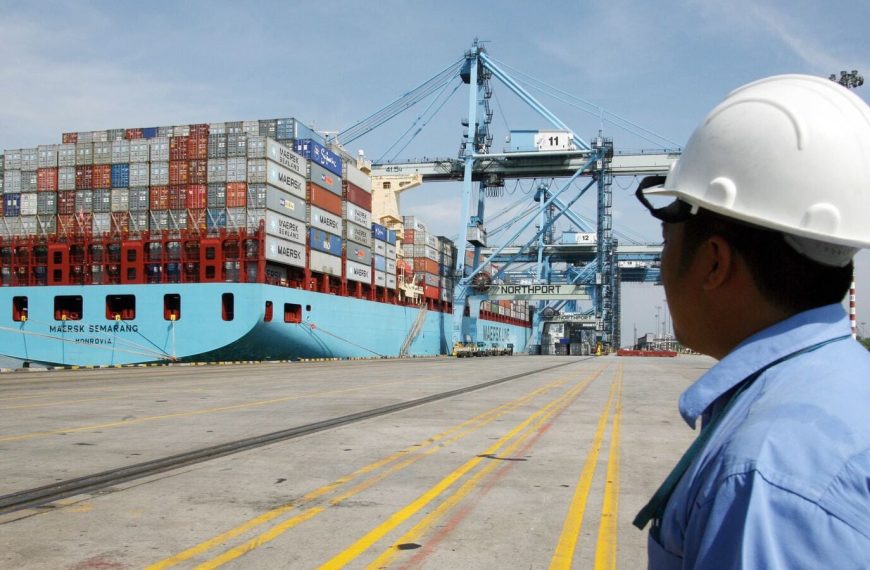The European Union (EU) is gearing up to introduce a series of emergency measures aimed at shielding its economy from the potential fallout of U.S. President Donald Trump’s impending tariffs. Officials indicate that the European Commission is crafting short-term support strategies that will complement broader reforms to enhance competitiveness in pivotal sectors and streamline the EU’s single market.
Understanding the Tariff Threat
Trump is expected to unveil reciprocal tariffs designed to counter what he views as unfair trade practices targeting U.S. goods. This includes both tariff and non-tariff barriers, such as the EU’s value-added tax (VAT), digital taxes, and various domestic regulations. The EU maintains that its VAT system is fair and non-discriminatory, ensuring equal treatment for both local and imported products.
- Key Points:
- Trump’s tariffs could significantly impact EU sectors.
- The EU VAT is positioned as an equitable tax.
- Any EU response will hinge on the specifics of the U.S. announcement.
Market Reactions
Following reports of the potential tariffs, German bonds experienced a decline in value, with the 10-year yield stabilizing around 2.69% after dipping to 2.65%. Meanwhile, the euro strengthened by 0.4%, reaching an intraday peak of $1.0839. A spokesperson from the European Commission opted not to provide comments on the situation.
Existing Tariff Landscape
Trump has already implemented a 25% import tariff on steel and aluminum, as well as on automobiles and certain auto components. In retaliation, the EU has proposed countermeasures valued up to €26 billion ($28.1 billion), set to take effect in mid-April. Additionally, Trump has indicated intentions to impose tariffs on other sectors, including lumber, pharmaceuticals, and semiconductors.
ECB’s Uncertain Response
The European Central Bank (ECB) remains on the fence regarding its next policy move. As inflation approaches the 2% target, several ECB officials are hesitant about committing to a seventh rate cut, leaving the possibility of a pause open for discussion.
Germany’s Vulnerability
Germany is particularly at risk, given its substantial €92 billion trade surplus with the U.S. in 2024, as reported by Eurostat. The automobile sector is under scrutiny, especially during a time when it grapples with challenges in China and the transition to electric vehicles.
EU’s Strategic Approach
The EU is not expected to retaliate immediately against the new U.S. tariffs, as it will take time to thoroughly analyze Trump’s actions before formulating a response. However, Commission President Ursula von der Leyen has asserted that the EU possesses significant leverage, including the option of retaliatory tariffs targeting American services and tech firms.
Future Negotiations
Simultaneously, the EU is preparing a "term sheet" to guide future discussions with the U.S. once the tariffs are enacted. This document will outline potential negotiation areas regarding trade measures, such as lowering duties, encouraging mutual investments, and easing certain regulations.
In summary, as the EU navigates this complex landscape of potential tariffs and economic repercussions, it remains focused on both immediate support measures and long-term strategies to bolster its economic resilience.











